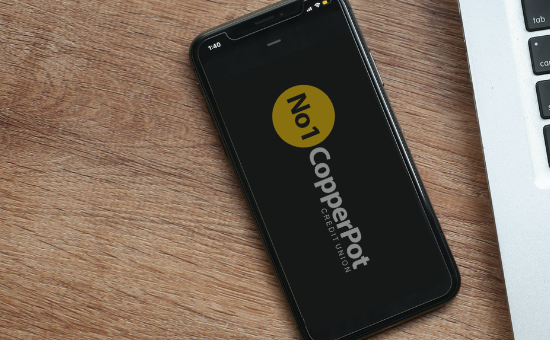Improving your financial situation can often feel overwhelming, but with the right approach, you can regain control and work toward a more secure future. Whether you’re dealing with credit card, loans, or other financial obligations, taking small, intentional steps can significantly ease the burden. By focusing on strategies such as consolidation of credit commitments, creating a solid repayment plan, and cutting unnecessary costs, you can reduce outstanding balances and build healthier financial habits.
Understanding where you stand is the first step. Although it may feel overwhelming, getting a clear picture of your finances is essential for making better decisions.
What might you want to consider:
- Understand your commitments: Include credit cards, loans, overdrafts, and outstanding bills.
- Identify payment details: Note monthly payments, interest rates, and due dates.
- Track your income and expenses: Calculate what’s available for repaying credit commitments.
Repayment strategies:
- Snowball Method: Focus on paying off the smallest balance first, gaining momentum as you repay each one in full.
- Avalanche Method: Pay off the highest-interest account first to save the most money in the long term.
If you are struggling to make payments, contact your creditors to explain your situation. They might offer payment plans or reduced interest rates to help you manage.
Consolidating outstanding credit commitments into one loan with a potentially lower interest rate could support you to simplify your financial situation. Instead of juggling multiple bills with different due dates and interest rates, you’ll only have one monthly payment.

Missing payments can negatively impact your credit score and lead to late fees. To prevent this, set up automatic payments. Automatic payments ensure that you never miss a payment, improve your credit score, and eliminate late fees. Schedule automatic payments on or before the due dates, and ensure your account has enough funds to cover them.
Find areas to save and use those savings to pay off your credit faster. Consider cancelling unused subscriptions, eating out less, switching to cheaper services, and shopping smarter using discounts. Every little bit counts.
Whilst managing existing obligations, avoid new ones by monitoring expenditures and sticking to a budget.
Tips:
- Use cash or a debit card instead of credit cards.
- Only use credit cards if you can repay the full balance each month.
- Build an emergency fund to cover unexpected expenses, so you don’t need to rely on credit.
Managing credit commitments takes time, so it’s important to track your progress to stay motivated. Celebrate milestones along the way to keep yourself encouraged and consider using a tracker app or spreadsheet to monitor your payments.
Once you’ve made progress, focus on building habits that will help you maintain financial health in the long term.
Continue budgeting to keep track of your spending, build an emergency fund to cover unexpected expenses without relying on credit, and set aside savings each month to create a financial cushion for the future.
By following these steps and staying consistent, you can improve your financial situation and build a more secure future.
If you’re feeling overwhelmed due to your financial commitments, remember, you’re not alone. While it may feel daunting, there are ways to take back control and move toward financial stability.
If you need external support our Financial Wellbeing Area has detailed resources on managing debt, improving your wellbeing, and where to go to get specialised support.














